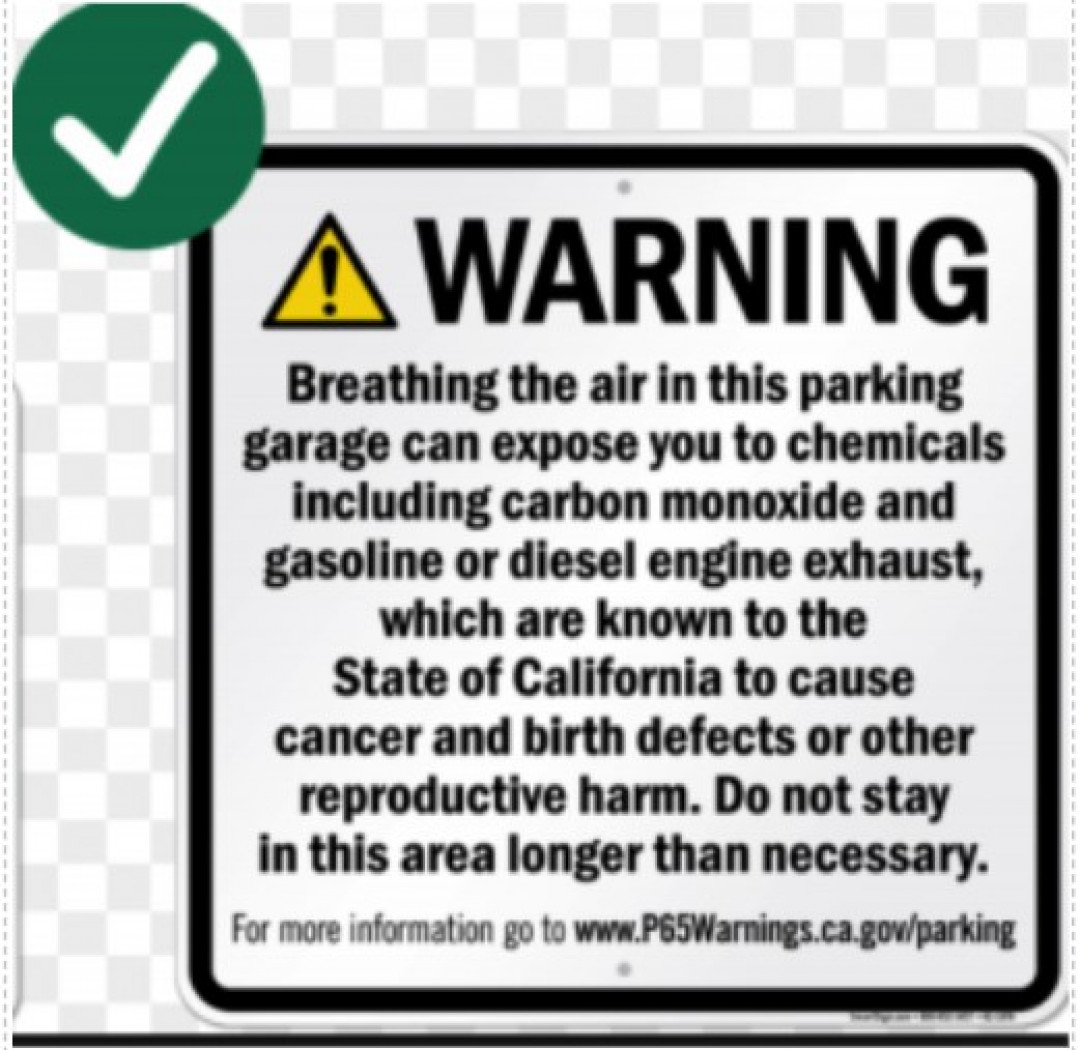California's Proposition 65, also known as the Safe Drinking Water and Toxic Environment Act of 1986, is a broad environmental consumer protection measure that was enacted into law that year by California's citizens. Proposition 65 requires businesses to provide "clear and reasonable" warnings when their products expose Californian consumers to certain chemicals known to cause cancer or reproductive harm. There are currently over 800 entries on the growing list of regulated chemicals. These include substances such as lead, mercury, dyes, solvents, food additives, and pesticides.
The California agency administering Proposition 65 has recently adopted new regulations that will go into effect on August 30, 2018. Businesses operating in California will soon need to revise their warnings and compliance efforts in order to conform to the new regulations. These revisions also will apply to businesses producing goods in other states that are sold in California. Failure to comply and conform to the changes may result in penalties and an award of attorneys.
Changes to the Warning Requirements
Since the adoption of Proposition 65 in 1986, many businesses have relied on certain "safe harbor" warnings that were deemed to be "clear and reasonable". The old warnings simply stated that a chemical was present that causes cancer or reproductive harm. The new regulations alter the format and content of the safe-harbor warnings. The new warnings for consumer products will need to say the product "can expose you to" a listed chemical rather than the product merely "contains" the chemical. Warnings for most consumer products will now also need to include:
- The name of at least one listed chemical that prompted the warning.
- The internet address for the new Proposition 65 warnings website, https://www.p65warnings.ca.gov/, which includes additional information on the health effects of listed chemicals and ways to reduce or eliminate exposure to them.
- A triangular yellow warning symbol on most warnings.
- The new regulations also require warnings that are tailored to provide more information for exposures related to certain types of products and industries. Such as: alcoholic beverages, restaurants, hotels, and dental offices. Furthermore, when a label or sign for a product contains information about the product in a language other than English, the warning must also be provided in the non-English language. Additionally, for internet sales, warnings generally must be provided to consumers prior to the completion of the online purchase. This is even if a warning is also included on the product itself.
Penalties for Noncompliance
California's Attorney General and District Attorneys have the power to enforce Proposition 65 through civil actions. Failure to include or post a required warning may result in penalties of up to $2,500 per violation, per day. Courts may also order businesses to cease all sales of a product until compliance with the regulations has been achieved. To learn more about past Proposition 65 settlements, please refer to the following information maintained by the California Attorney General's Office:
Penalties for Noncompliance
California's Attorney General and District Attorneys have the power to enforce Proposition 65 through civil actions. Failure to include or post a required warning may result in penalties of up to $2,500 per violation, per day. Courts may also order businesses to cease all sales of a product until compliance with the regulations has been achieved. To learn more about past Proposition 65 settlements, please refer to the following information maintained by the California Attorney General's Office:
Proposition 65 Enforcement: A Cottage Industry or New Start Up?
California has an active role in enforcing Proposition 65, environmental groups have been aggressive in using other law provisions against businesses. Out of state firms who are not aware of the reach of the law have been seen as easy targets. Also, various industries have been successfully sued for Proposition 65 violations. Environmental groups identify specific products that contain listed chemicals and then bring separate cases against individual suppliers. Products targeted have included fishing tackle, Tiffany lamps, plumbing supplies, French fries, chips, coffee, and alcohol beverages. Proposition 65 actions often come in waves and can affect entire industry sectors for years. For more information about what steps businesses need to take to comply with Proposition 65 businesses may refer to:
In light of the substantial penalties that may accrue as well as exposure to attorneys' fees, businesses that ship products to California should take all necessary steps to comply with Proposition 65's requirements. Because the new regulations which come into effect on August 30, 2018, businesses should evaluate their products. Further, they need to review the new regulations carefully to ensure compliance and avoid potential litigation and noncompliance penalties.
Joseph Maternowski’s clients view him as a trusted legal adviser. Mr. Maternowski has assisted clients in assessing their exposure to Proposition 65 liability as well as developing warnings and establishing effective compliance programs to avoid liability.
Furthermore, please see the disclaimer at the bottom of this page relating to limitations on this blog and legal advice. Joseph Maternowski is an attorney in private practice. He advises clients on compliance matters as well as on commercial and residential real estate transactions and on litigation. Thanks to associate Joseph Reutiman for his assistance in preparing this update. Finally, for additional information please contact:
T: (612) 746-5754
jmaternowski@hessianmckasy.com
www.hessianmckasy.com
www.enviroattorney.net
Please Note Disclaimer Found at Top Right of Our Website, Thank you

